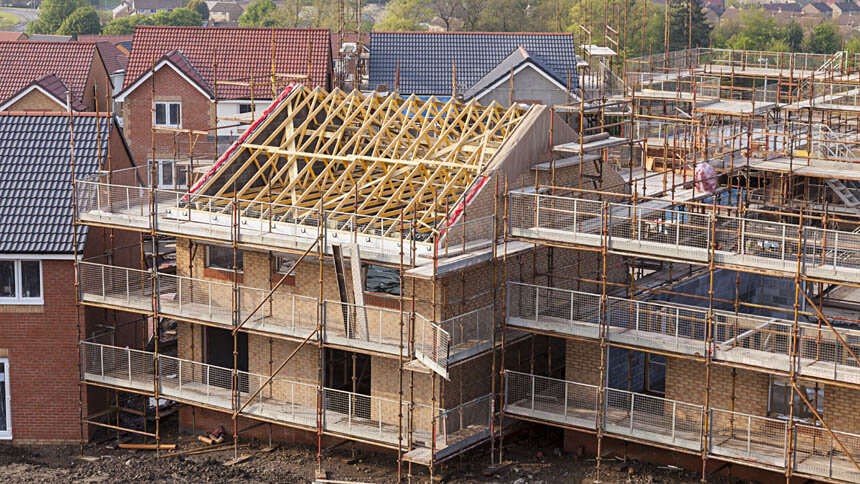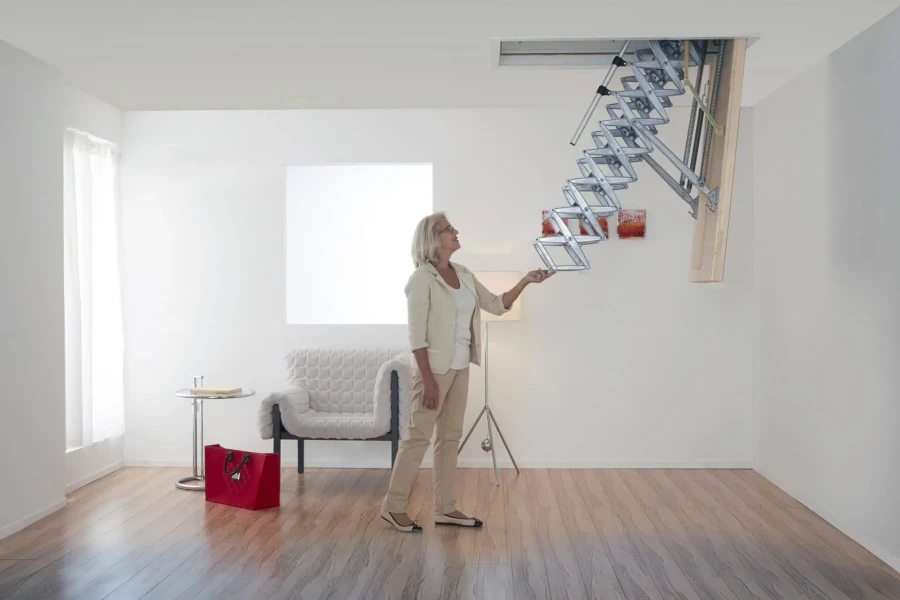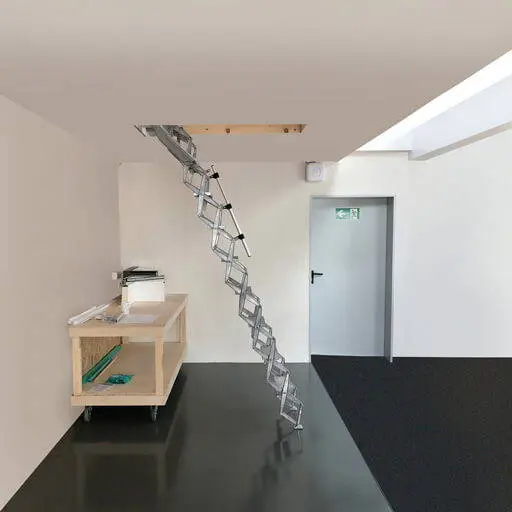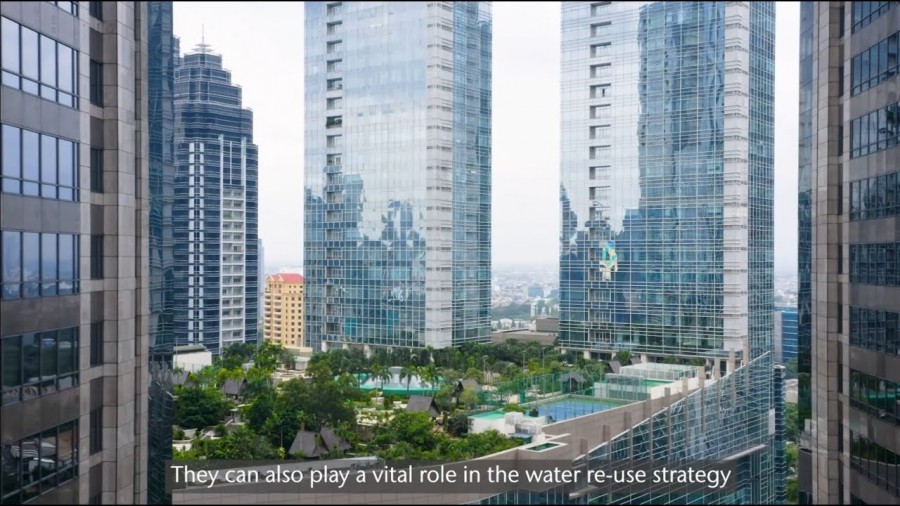The Built Environment Committee has published a letter to the Government following its inquiry into the future of modern methods of construction (MMC) in housing.
The Government’s approach to MMC is in disarray. Millions of pounds of public money has been invested, but the money has not been backed by a coherent strategy and set of measurable objectives. Some Category 1 (modular) MMC firms have failed financially, though with the right approach it could still play an important role in the building of much-needed housing.
There is evidence of real barriers to MMC, such as risk aversion on the part of warranty providers, insurance companies and insufficient clarity for building regulations. However, the Government appears to have made limited effort to understand and address these challenges.
If the Government wants the sector to be a success, it needs to take a step back, acquire a better understanding of how it works and the help that it needs, set achievable goals and develop a coherent strategy.

These are some of the findings and recommendations published today by the House of Lords Built Environment Committee following its inquiry on the future of modern methods of construction. The inquiry was established following the collapse and closure of several Category 1 MMC companies during 2022 and 2023.
Lord Moylan, Chair of the Built Environment Committee, said: “Moderns methods of construction are successfully used to construct homes abroad and build high-rise and non-residential buildings in the UK, but this success has thus far eluded the building of MMC homes in meaningful numbers.
“In the context of an ageing skilled workforce and the need for greater building sustainability, MMC has shown some promise. We heard evidence that the Government couldn’t achieve its housebuilding targets without a sizeable contribution from the MMC sector.
“Our inquiry found that the Government has not set out clear objectives for the funding it provided the MMC sector. Homes England has not given any clear metrics as to how success is to be measured and over what timescale.
“The Government needs to change tack. Simply throwing money at the sector hasn’t worked. If it wants to encourage MMC it must acquire a much deeper understanding of how it works, develop a clear strategy, and demonstrate leadership.”
Other findings and conclusions include:
- The committee heard contradictory evidence about whether MMC homes were more or less expensive to construct than traditionally built homes. Given the scale of public investment being made, the Government should ensure it is achieving value for money.
- The requirement to use MMC through the Affordable Homes Programme (AHP) incentivised some housing associations to use MMC in their projects, but not enough to provide strong pipelines for Category 1 MMC businesses, given the high costs claimed for MMC.
- Measuring the Government’s progress is difficult owing to a lack of data on MMC usage. The Government should publish data on the share of supported completions using MMC in the AHP as soon as possible.
- The Government’s MMC Taskforce, which was allocated £10m and was expected to take forward work on data and standards, has never met. The Government should explain the justification for abandoning this approach and set out how the promised funding has been used or reallocated.
- Higher energy efficiency requirements could incentivise greater usage of MMC, particularly in Categories 1 and 2.
- The extensive time periods it can take to obtain warranties and the reticence of insurance providers to accept compliance with building regulations as sufficient has detrimental impact on the delivery of MMC homes. Warranty and insurance providers should themselves act to compile and share the data they need. The Government should set out this expectation clearly to the sector.
- The Government should take a greater interest in overseas examples of success with modular construction.
Daniel Paterson, Director of
Government Affairs, Make UK Modular said: “This report is heartening and
recognises the important role that Category 1 modular is already playing in solving
Britain’s homes crisis, with global leading projects currently delivering thousands of
homes.
“The Committee is right to point to
a need for greater clarity around policy which, if it is got right, will ensure
a stimulated market at a critical time for homeowners and renters alike.
Unblocking the delivery of the 300,000 homes our country needs every year is
key, and Category 1 modular can help deliver affordable homes which are
economic to run in an ever-tightening labour market.
“The current Future Homes Standard
consultation aims to make sure all new homes are built to a higher standard
from 2025. Make UK Modular encourages the government to use this as an
opportunity to listen to innovators in the construction sector on the importance
of high fabric standards as a critically important method of increasing
sustainability in our future homes.
“By doing so, the Government can
develop a solid long-term strategy prioritising the most innovative forms of
building that are already delivering tangible value for the UK while ensuring
that innovators within industry do not face penalties for challenging outdated
methods of working.”




















